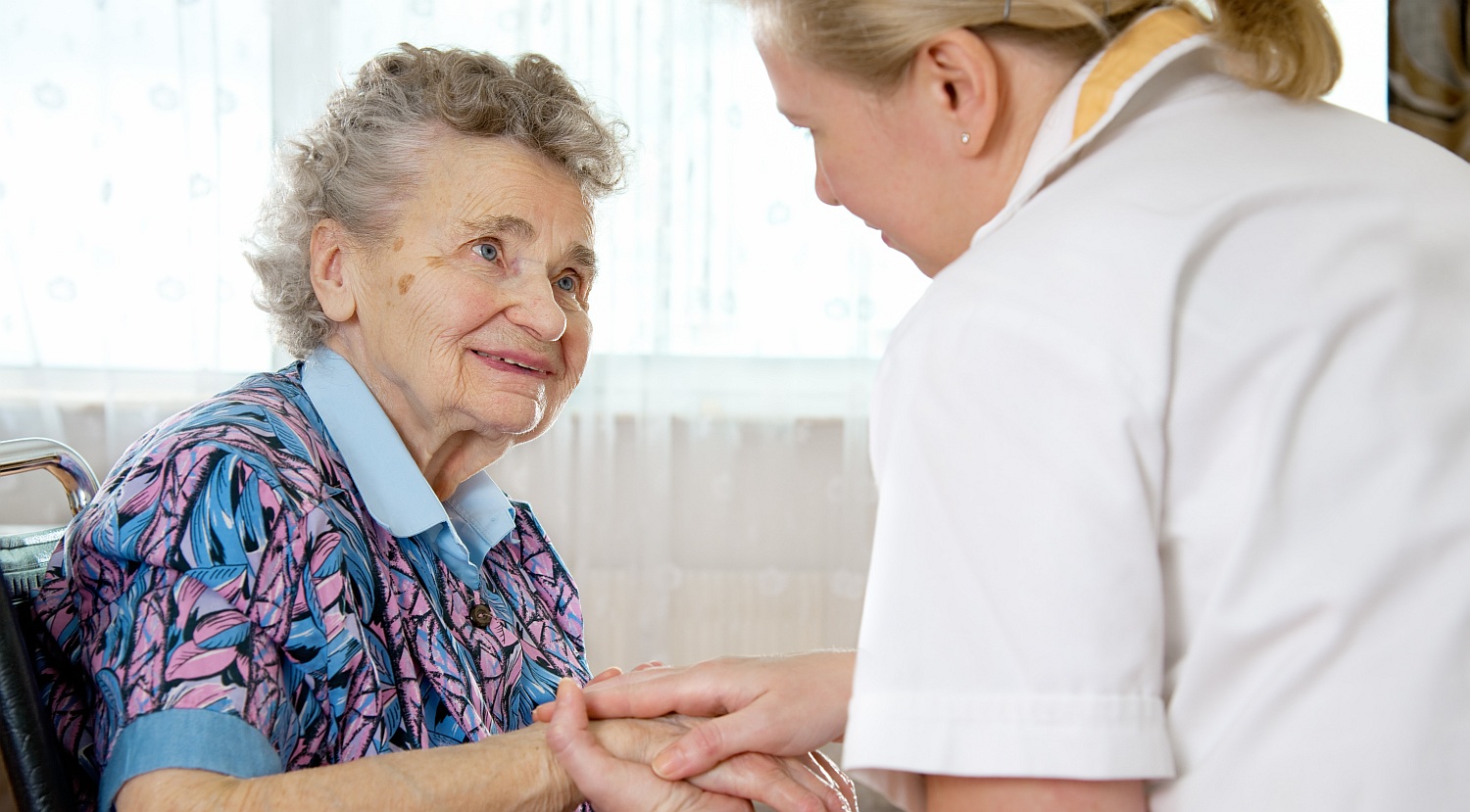What is WHOSEFVA?
WHOSEFVA, a two-year project co-funded by the European Commission under the Rights, Equality and Citizeship programme, aims to address the barriers and gaps which exist in healthcare settings to effectively support elderly women victims of abuse. The WHSOEFVA project will be implemented in six partner countries: Austria, Estonia, Finland, Greece, Latvia and the UK. The coordination of the project is conducted by Women’s Support and Information Centre in Estonia, with guidance and input from Finnish expert on elder abuse, Sirkka Perttu.
Why Focus on Elder Abuse?
Elder abuse is a worldwide concern that touches on human rights, gender equality, domestic violence and population ageing. The feminization of aging and its consequences is troubling, particularly given that older women as a group experience unique and compounding disadvantages. Older women face triple jeopardy in that they are part of three different marginalized groups: they are elderly, abused, and female.[1] Gender discrimination across the lifespan therefore has a cumulative effective, and neglect, abuse and violence across the lifespan results in a high lifetime rate of suffering from abuse for older women.[2]
It is clear that alternative channels for identifying older domestic violence victims are needed, however, even when they are identified, older female victims often do not receive appropriate assistance because they have complex issues of long-term dependency, health problems or economic vulnerability, just to name a few. Healthcare providers can play a crucial role in providing support, as they offer multiple entry points for identifying and serving domestic violence victims.
What is the objective of the project?
The main objective of WHSOEFVA is to increase the capacity of domestic violence organizations to better able represent the interests and voices of older women who are victims of abuse in healthcare and healthcare policy, thus helping to better comply with the desires of the EU. In order to ensure greater accessibility and sustainability of the trainings on a European-level, a WHOSEFVA online training programme will be developed based on the training material to strengthen the capacity of domestic violence organizations to cooperate with healthcare providers in identifying and responding to gender-based violence among elderly women.
Who are the Beneficiaries?
- Health care organizations and their staff in partner countries
- Social care and domestic violence workers in partner countries
- Elderly female victims in partner countries
- National and local policy makers
- Local media / General public
- European healthcare professionals, social workers, domestic violence staff, media
[1] Penhale, B. (2003). Older women, domestic violence, and elder abuse: a review of commonalities, differences, and shared approaches. Journal of Elder Abuse & Neglect,15(3-4), p. 163-183.
[2] Brownwell, Patricia. (2014). Neglect, abuse and violence against older women: Definitions and research frameworks (Review article). SEEJPH 2014.







